BLOG
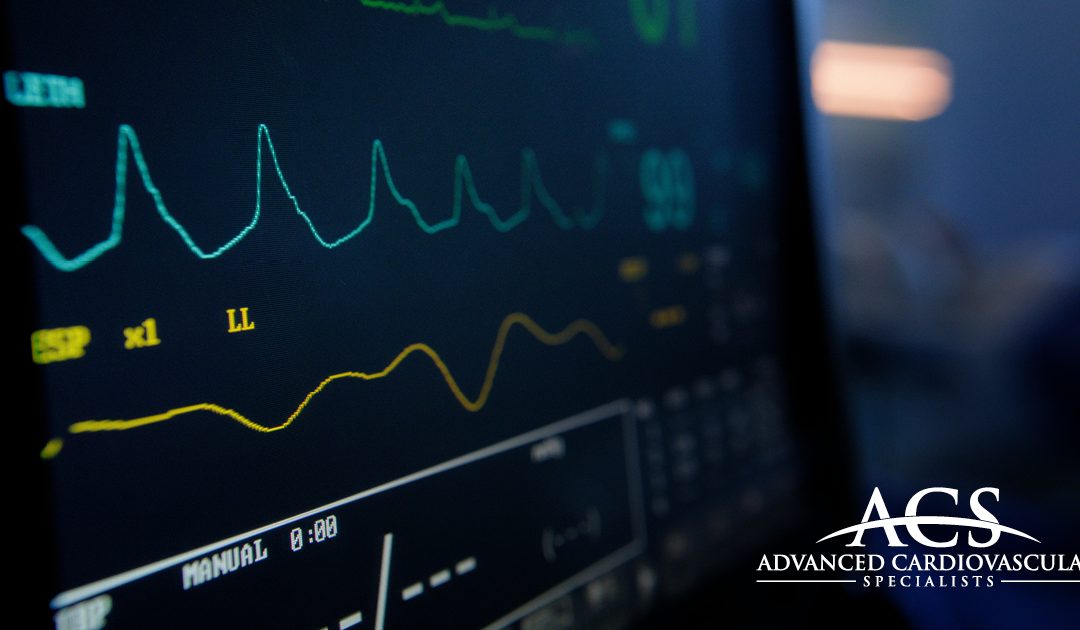
From Flutter To Fibrillation: Arrhythmias Explained
A heart arrhythmia occurs when the heart beats irregularly. This is a broad term covering various heart rhythm problems, such as beats that are too fast, too slow or simply out of sync. While many arrhythmias are harmless, some can be life-threatening. Types...

What Is The DASH Diet?
DASH is an acronym for Dietary Approaches to Stop Hypertension. The DASH Diet is an eating plan that can help manage and prevent high blood pressure (hypertension): a major risk factor for heart disease and stroke. This heart-healthy diet can also help lower and...
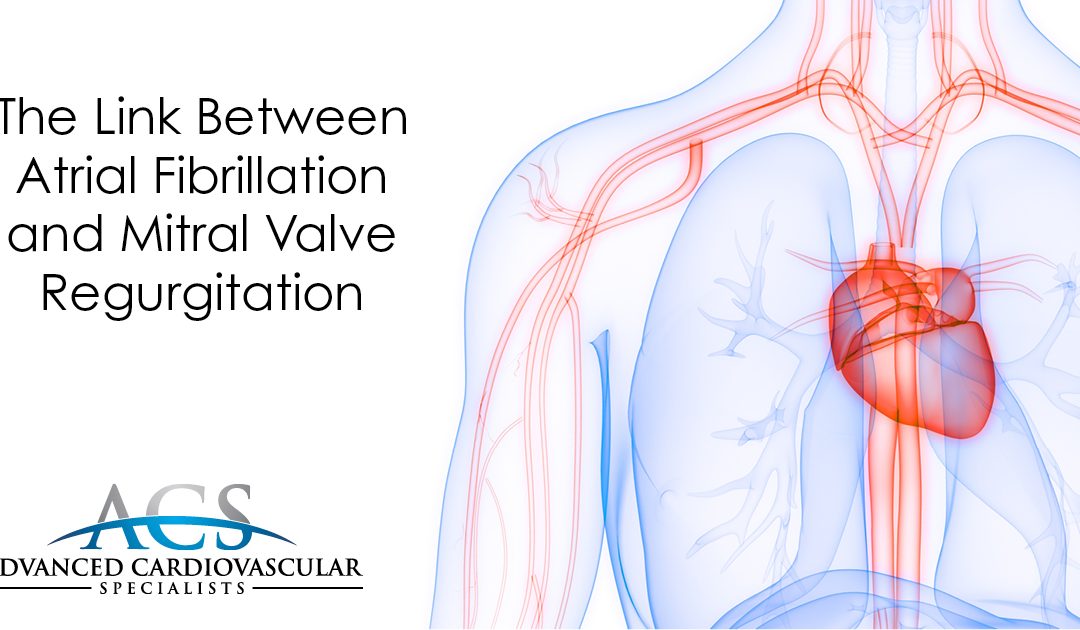
Atrial Fibrillation And Mitral Valve Regurgitation: Are They Connected?
Atrial fibrillation (AFib) and mitral valve regurgitation are common heart conditions that can occur separately or together. Patients with both of these conditions are at an increased risk of complications, such as heart failure, stroke and pulmonary hypertension....

Living With Congenital Heart Defects
Living With Congenital Heart Defects Congenital heart defects (CHD) affect many Americans, young and old. CHD is a heart condition present at birth, occurring in almost 1% of births each year in the United States. According to the Centers for Disease Control...

Knowing Your Numbers
American Heart Month American Heart Month is observed in February every year. It helps bring awareness to the prevalence of heart disease in America. Heart disease is the leading cause of death in Louisiana and in the United States. Louisiana ranks fifth in the nation...

Understanding Food Nutrition Labels
Improve Your Heart Health With Better Food Choices. Making healthy eating choices is important for heart health. Even if you are exercising regularly and maintaining a healthy weight, diet plays a key role in lowering your risk of heart disease. The saying “you...
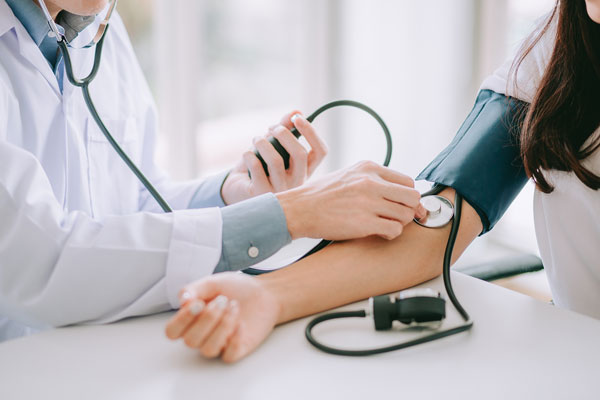
Putting Your Heart Health First
Our region is in a heart-health crisis. Louisiana has one of the lowest scores for cardiovascular health in the country, ranking 42nd in the nation for cardiovascular health in America’s Health Rankings® by the United Health Foundation. More than 10% of Louisiana’s...
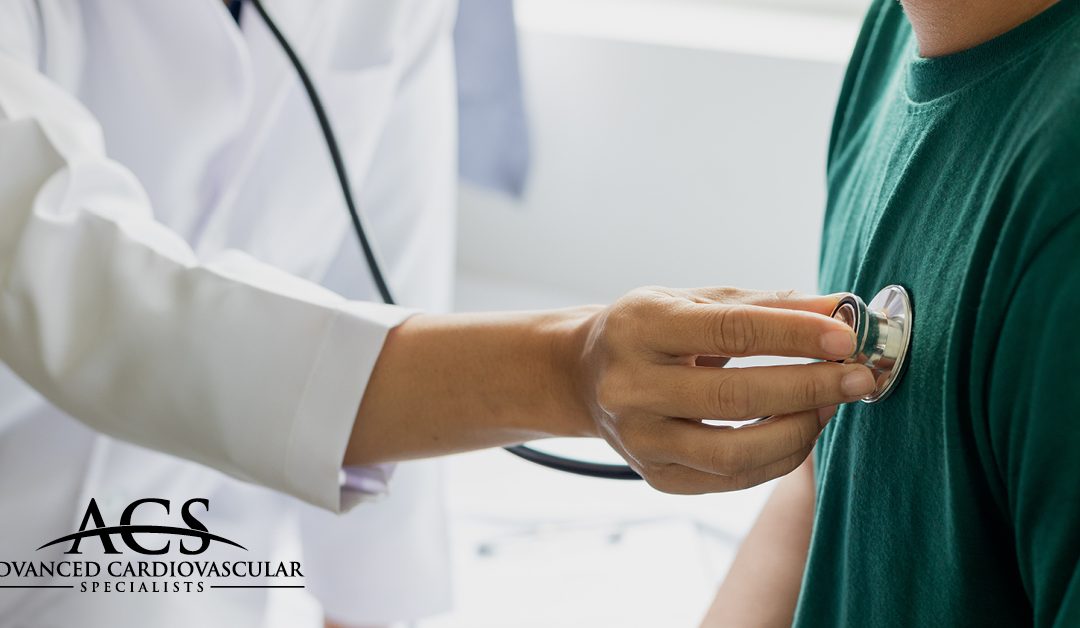
Recognizing Your Heart’s Cry For Help
Heart disease is the leading cause of death in U.S. adults (accounting for 1 in every 5 deaths), as reported by the Centers for Disease Control and Prevention (CDC). Catching heart disease early often results in more effective treatment and better outcomes for...

The Difference Between Cardiovascular Disease And Heart Disease
Although the terms are often used interchangeably, cardiovascular disease and heart disease are not the same thing. Cardiovascular disease is an umbrella term for all diseases affecting the circulatory system, including the heart and blood vessels throughout the whole...
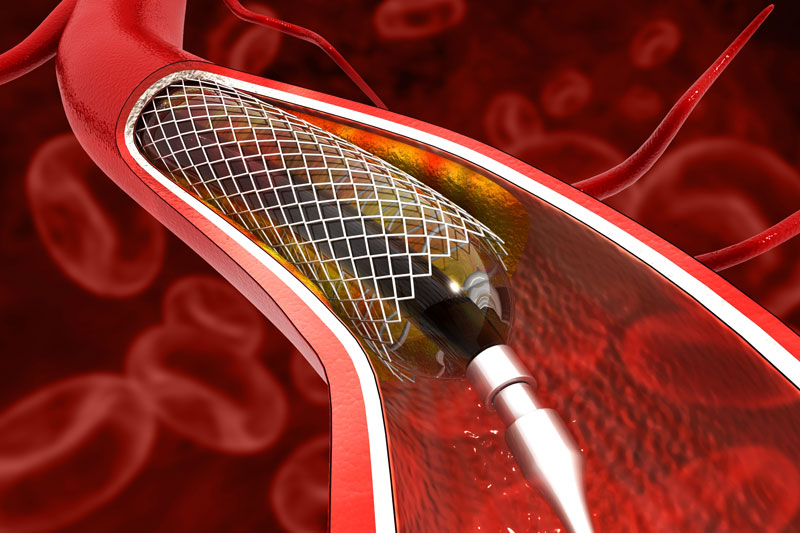
What Is Cardiac Ablation?
What Is Cardiac Ablation? Cardiac ablation is a procedure to treat abnormal heartbeats called arrhythmias. It is also used in a rare, but life-threatening condition called spontaneous coronary artery dissection. It is usually performed as a minimally-invasive...
